Synthesise concerns shaping a form of common knowledge in a way that it is broadly accepted and deemed as useful by all the actors involved. Such a “summarized” enriched picture supports enlightenment, decision making, or further negotiation of the issue. While synthesis may sometimes imply integration of all knowledge into scientific knowledge, here we emphasize collaborative approaches allowing for diversity and thereby fostering mutual respect and accessibility to knowledge. Active engagement of all actors is critical to ensure that the integrity of each knowledge system is maintained, and that one knowledge system, i.e. quantitative experimental science, is not applied to validate the contributions of knowledge from Indigenous and local knowledge systems. Dialogue is emphasized as a process to find ways to articulate elements of convergence and divergence.
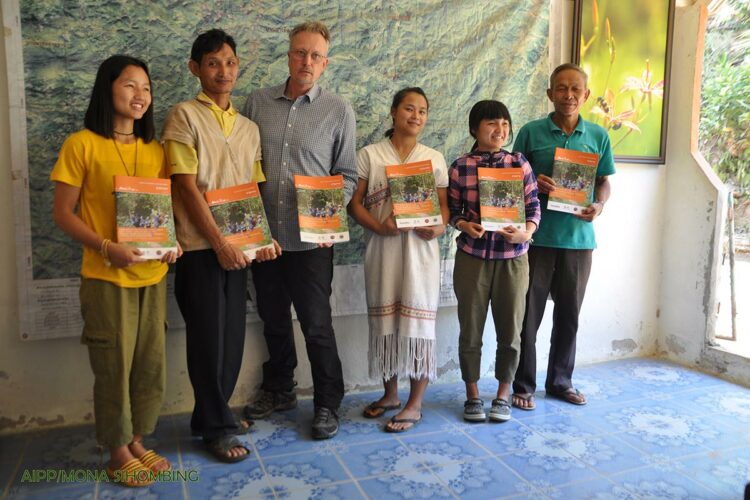
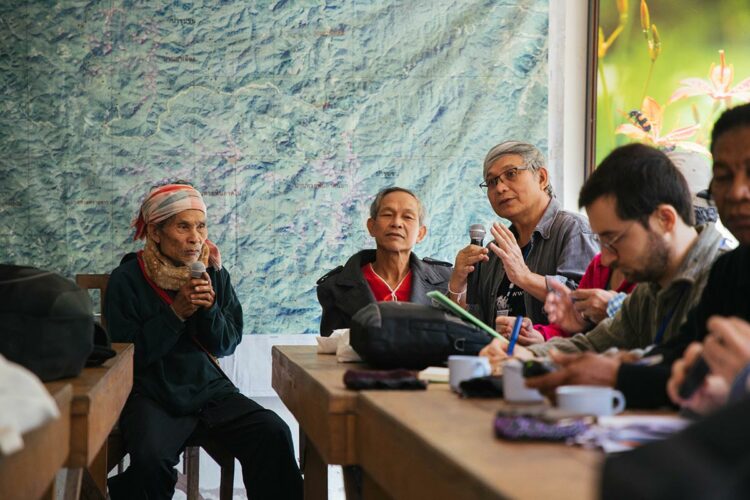
A synthesis may include and illuminate areas of high convergence between knowledge systems as well as contradictory evidence. Agreement or consensus can be reached on particular aspects of the issue at hand, but it is important to include contradictions and disagreements between knowledge claims. A synthesis process where differences are ignored while striving for consensus is likely to reinforce power inequalities between actors. Tensions between knowledge systems can often represent critical knowledge gaps and opportunities for learning and novel understanding – that may need to be addressed to constructively deal with real world challenges. Thus, co-produced synthesis can lead to innovation and identification of new questions for further investigation, or potential solutions to try out.
We seek to inspire new forms of synthesis which may speak to different cultures and worldviews about human-environment interactions for sustainability, akin to weaving which maintains the integrity of each strand. Sometimes, it may be required to generate different forms of knowledge outcomes in a synthesis process, to avoid that one perspective is dominating the process. This could involve producing a document, video, plan or workshop. There are many examples of successful weaving of knowledge in co-management collaborations or Indigenous Protected Area management plans (see e.g. Our knowledge our way, and Local Biodiversity Outlooks).
Learn about The polination dialogue experiences of synthesise below.
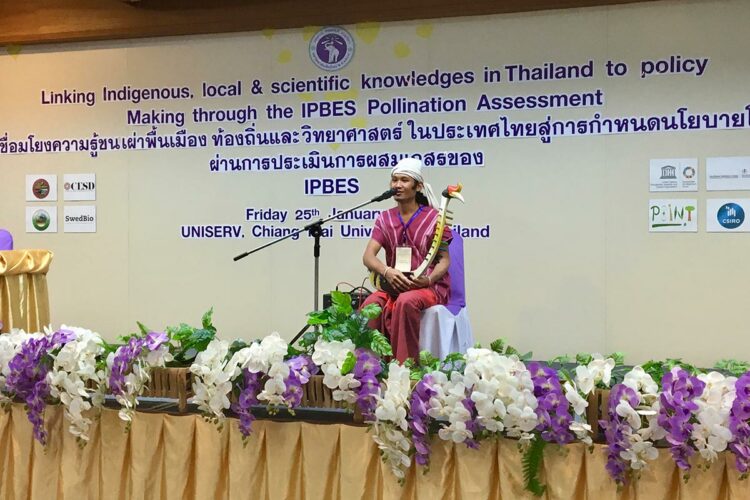
The starting point for the pollination dialogue was that while Indigenous and Local knowledge was contributing to the IPBES pollination assessment, the knowledge holders had not been part of the process to generate the Summary for Policy Makers (see Tengö et al 2017). The dialogue was an opportunity to connect the insights from the Pollination assessment with the Indigenous contributors, and also probe and discuss the validity and relevance of the synthesis for the interests, aspirations and activities centering IPLCs.
An outcome on the discussion of some of the key messages from the Pollinations assessment showed that they were relevant for the decision making contexts of IPLC and could support their claims for knowledge, but also for territory and recognition of their practices, such as the rotational farming in Hin Lad Nai. However, it was also reflected that the SPM was generated within a scientific knowledge system, and that the messages would have been articulated differently if it had been done with inclusion of knowledge holders from Indigenous and local knowledge systems in the synthesis work.
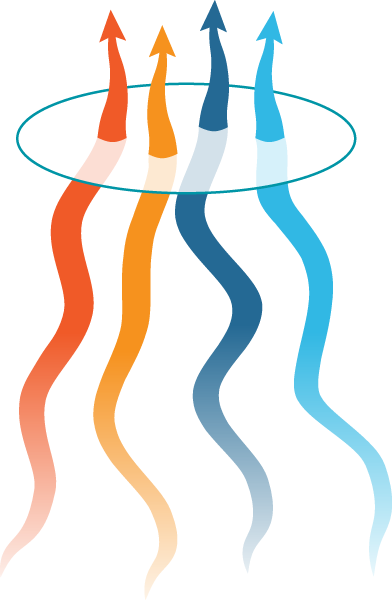
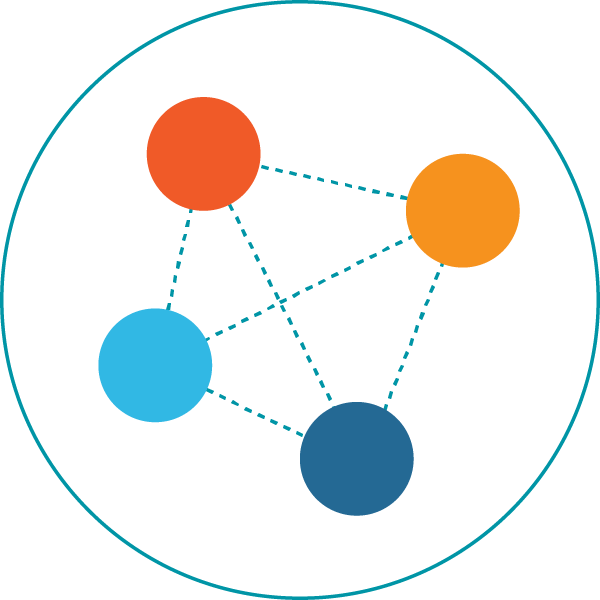
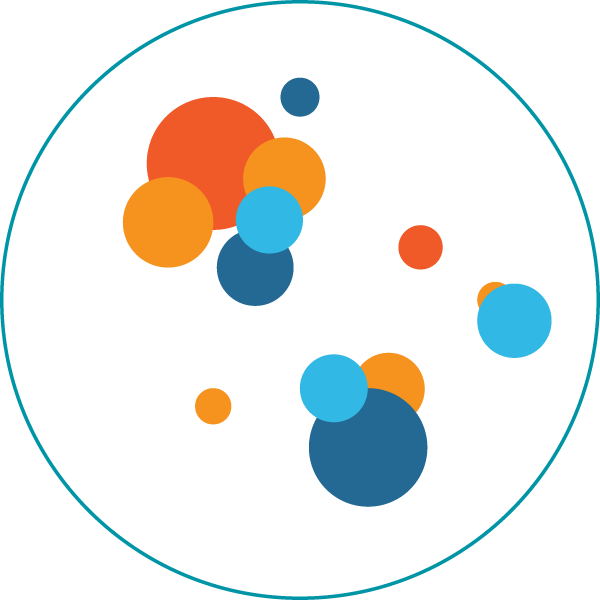

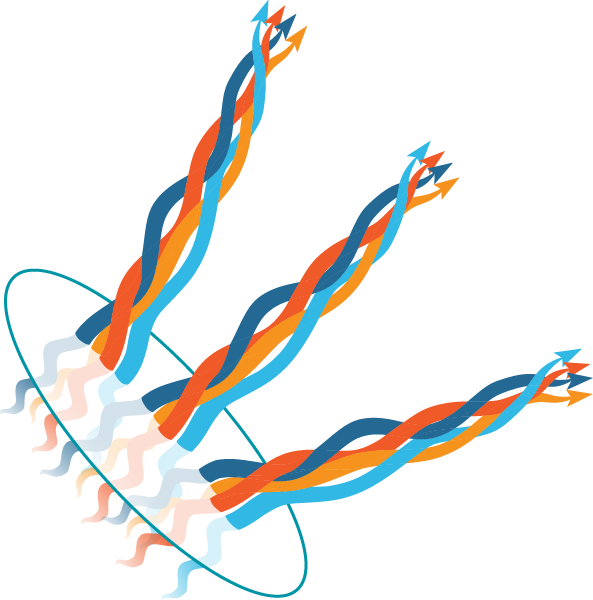
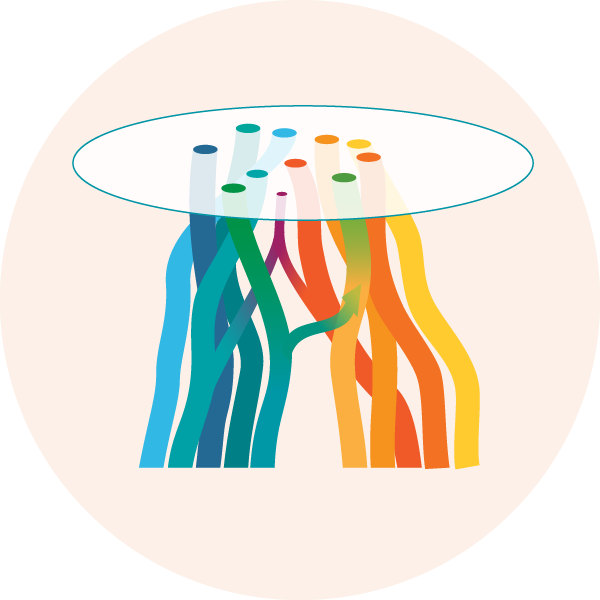


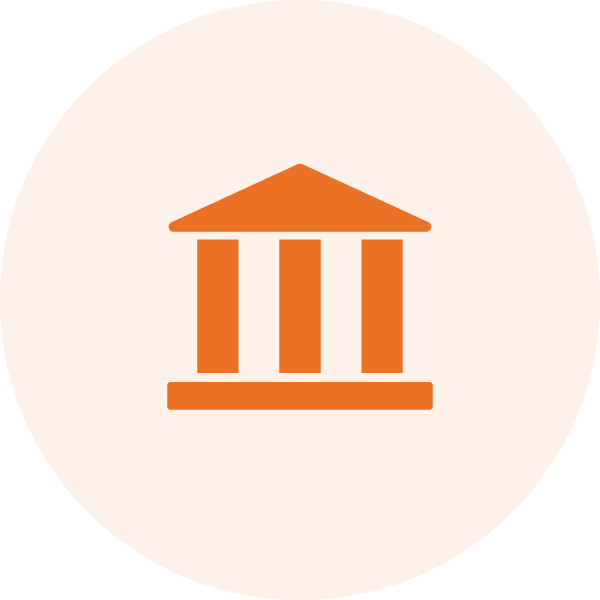
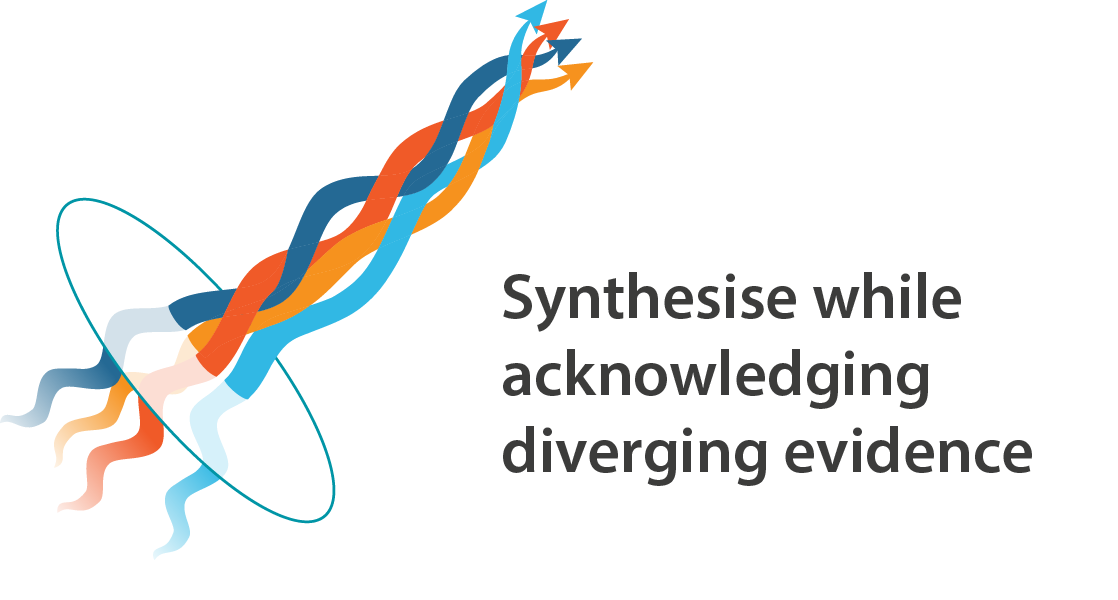
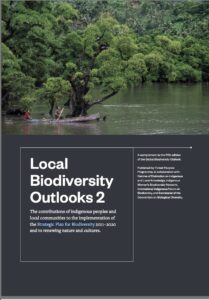 FPP 2020: Local Biodiversity Outlooks 2 The contributions of indigenous peoples and local communities to the implementation of the Strategic Plan for Biodiversity 2011–2020 and to renewing nature and cultures.
FPP 2020: Local Biodiversity Outlooks 2 The contributions of indigenous peoples and local communities to the implementation of the Strategic Plan for Biodiversity 2011–2020 and to renewing nature and cultures.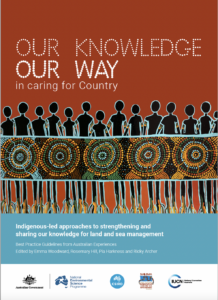 Woodward et al. 2020: Our Knowledge Our Way in caring for Country: Indigenous-led approaches to strengthening and sharing our knowledge for land and sea management.
Woodward et al. 2020: Our Knowledge Our Way in caring for Country: Indigenous-led approaches to strengthening and sharing our knowledge for land and sea management.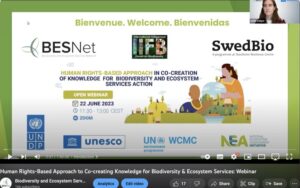 Fostering Environmental Stewardship: The Role of Human Rights in Biodiversity Conservation
Fostering Environmental Stewardship: The Role of Human Rights in Biodiversity Conservation